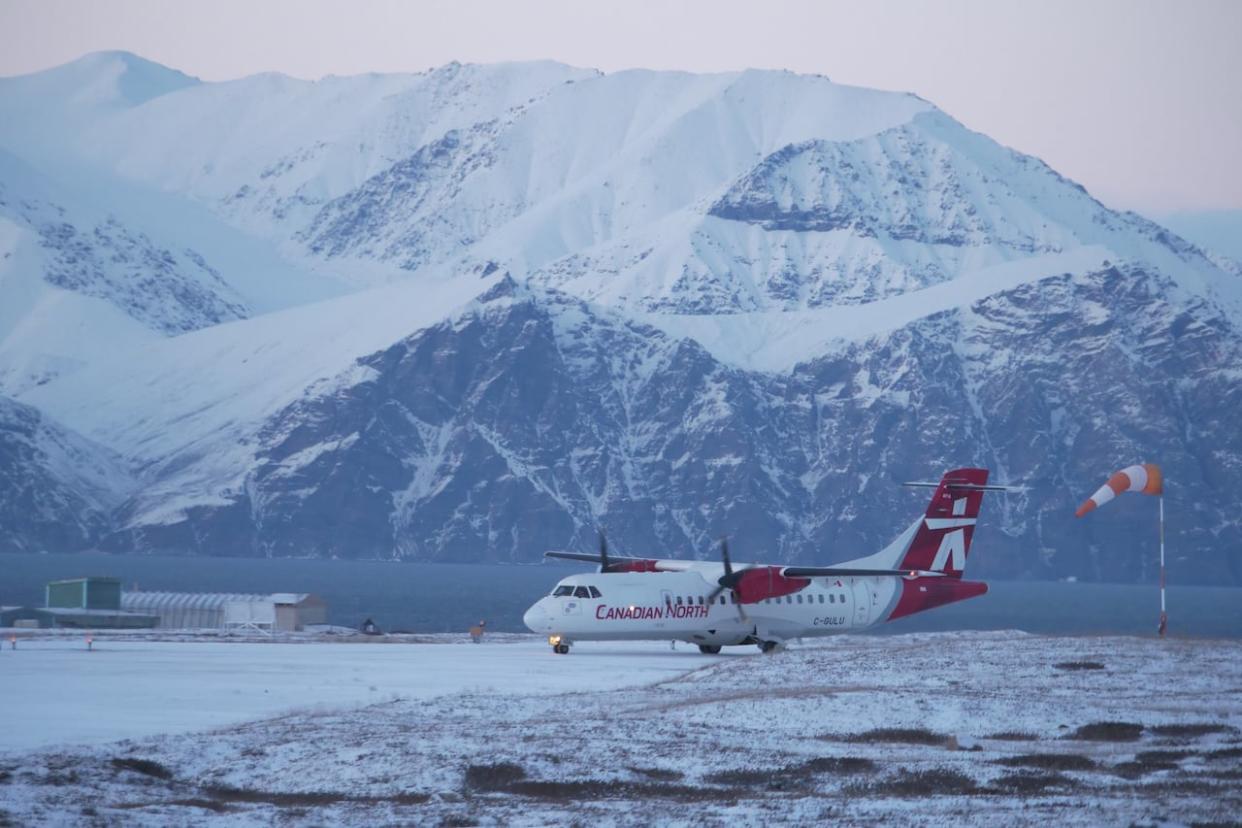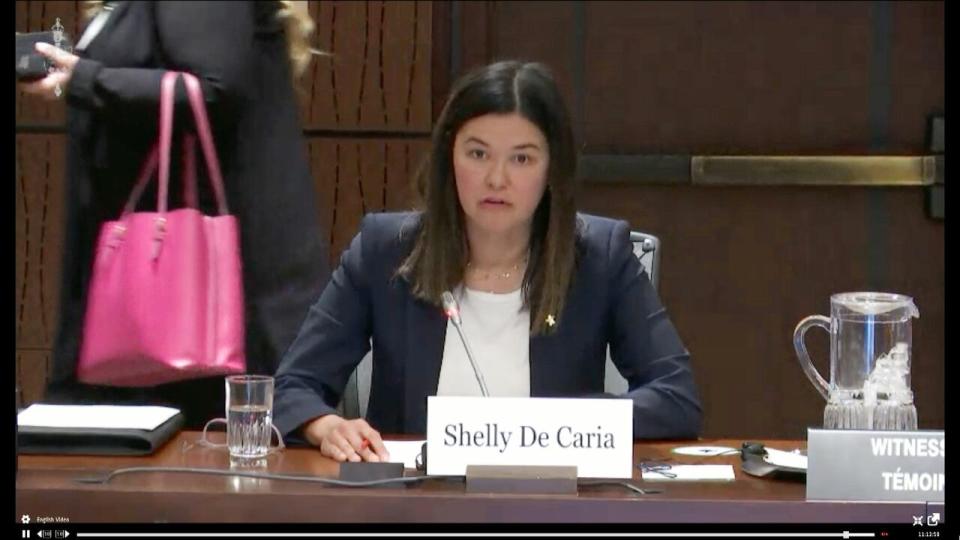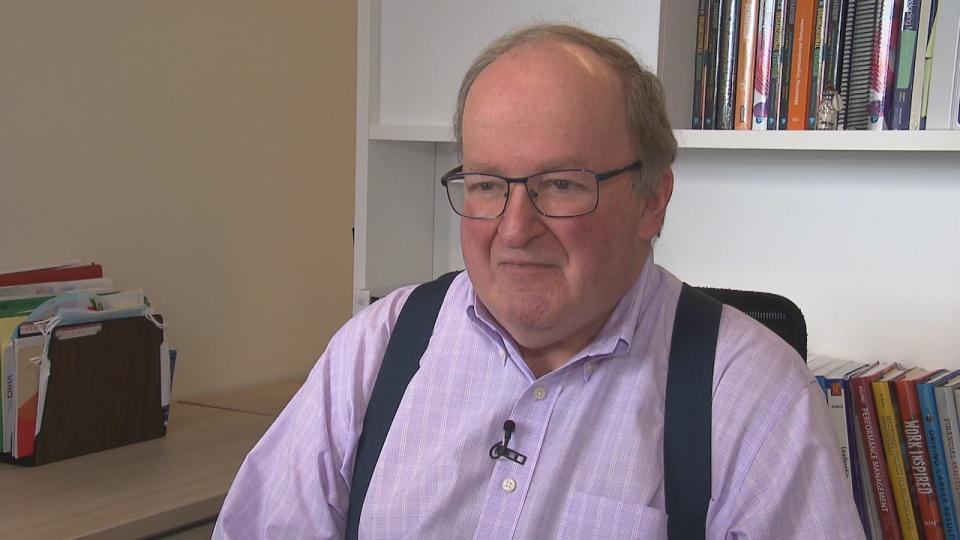Northern airlines say feds should intervene if they want lower prices for the North

Northern airlines say federal rules don't take into account the realities of air travel in the North — and it's making it hard for airlines to operate.
"I'm sometimes asked why it costs almost twice as much to fly 500 miles from Whitehorse to Old Crow as it does to fly a thousand miles south from Whitehorse to Vancouver," said Joseph Sparling, the president of Air North.
He pointed to the different types of planes that operate in the North — ones that guzzle far more fuel and cost far more to operate.
"In the long run, airfares are more significantly determined by costs than by competition or greed."
On Thursday, the presidents of Air North and Canadian North, alongside several other witnesses, told a federal committee that the costs of operating in the North are much higher than elsewhere in Canada, and federal rules around how many hours pilots can fly and when weather should ground planes is adding to those costs.
The standing committee on transport, infrastructure and communities held the hearing as part of a study on northern and remote air travel as it relates to the Competition Act. It comes as Canada's competition bureau embarks on its own market study of competition in the airline industry.
Shelly De Caria, the president and CEO of Canadian North, said federal rules — such as restrictions on how many hours a pilot can fly and rules around landing in bad weather — have put a strain on her airline's operations.
She said Canadian North averages 175 cancelled flights due to weather each month.
"We operate in a very unique environment, and the regulatory policies that we have in place do not contribute to the success that we have," she said.

Shelly De Caria is the chief executive officer and president of Canadian North. (CBC)
Nicholas Purich, Canadian North's chief financial officer, said other fees hurting the airline include air navigation costs and landing fees.
"Just about every other fee and cost directly imposed by the government we do have to pass on to the travelling public, which makes it more difficult and may ultimately destroy travel demand by making it unaffordable," he said.
Canadian North, which has recently come under fire for hiking baggage fees, merged with another northern airline, First Air, in 2019 — a deal that until recently was subject to federal rules on flights and fees. In 2023, those rules loosened, and since then the airline has cut service to some communities.
De Caria told the committee reliable flights are "literally a lifeline" for northern communities, but the routes aren't as profitable as other routes — and major airlines like Air Canada and WestJet aren't interested in serving those communities.
She said government subsidies could help offset high operational costs, which could then make air travel more affordable.
Price regulation
Fees and costs aren't the only problem northern airlines face, according to John Gradek, a faculty lecturer in aviation management at McGill University.
Lack of good infrastructure — gravel runways, for instance, at some remote northern airports — is right up there as a major contributor to the price of operating.
"The infrastructure and the capital required to support those airports is in the hundreds of millions of dollars, and that is not something that we can get some type of return on investment [for], financially," he said. "There's no way that can be in fact supported by the users of the Canadian northern airports."

John Gradek is an aviation expert with McGill University. (Jacques Poitras/CBC)
Canada's air industry used to be regulated, but hasn't been for 20 years. It operates on a model where costs of flying are recouped from passengers.
Gradek said he thinks one-size-fits-all rules for Canada's airlines don't work and the North should be treated separately.
"An option is that we regulate pricing in the North," he said.
That would mean airlines submitting pricing proposals to regulatory bodies, which would then be approved by the government, he said.
Sparling told the committee deregulation has meant downgraded service in some communities. Others have lost air service altogether.
"In order to improve service and air travel pricing for northern and other regional communities, we need funding to modernize regional route and navigational infrastructure," he said. "We need to reconsider Canada's user-pay model."
The committee has another meeting scheduled next week and will have more in the future. It plans to travel to Timmins, Ont.; Kuujjuaq, Nunavik; Montreal and Whitehorse this fall.

